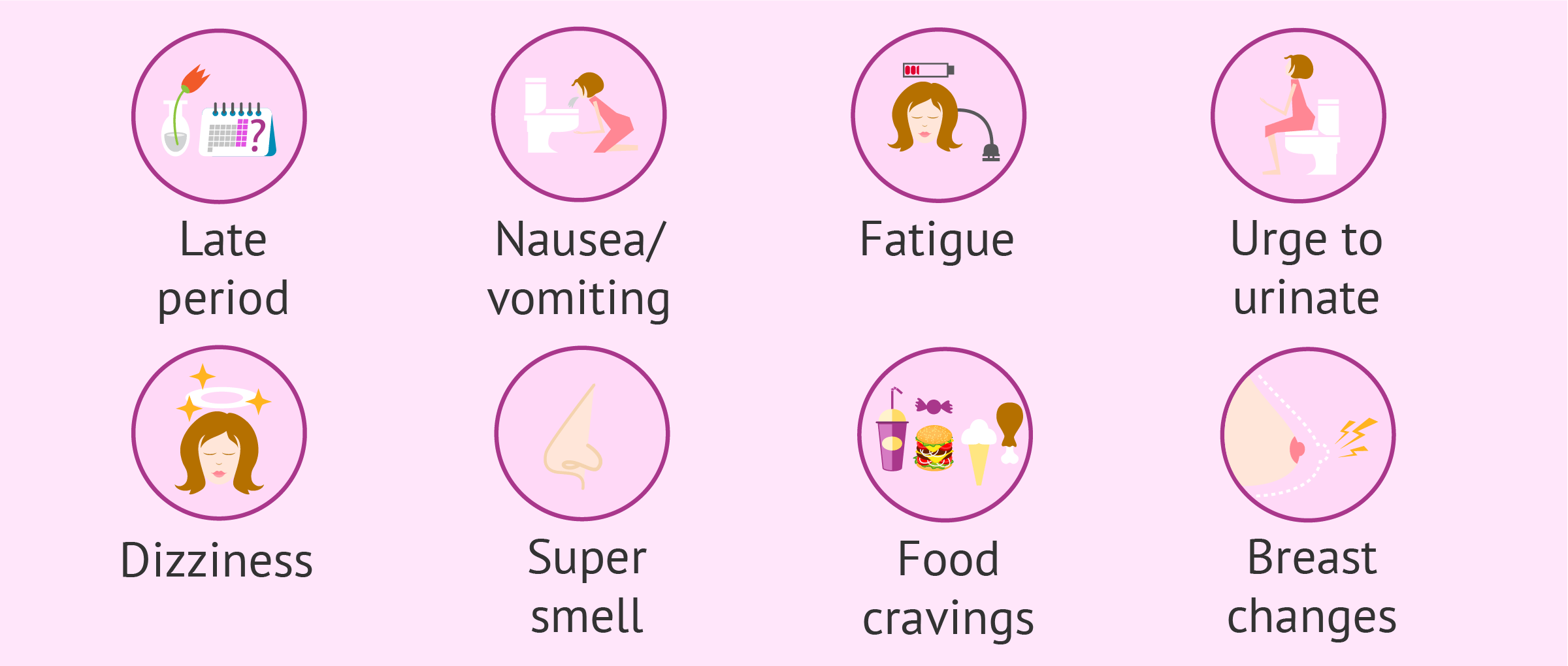
Month-by-Month Pregnancy Symptoms
Pregnancy is a transformative journey that brings a myriad of physical, emotional, and hormonal changes. As the baby grows and develops within the womb, the mother’s body undergoes a series of adaptations to accommodate the new life. These changes can manifest as a range of symptoms, which vary in intensity and duration from one woman to another.
First Trimester (Weeks 1-12)
-
Week 1-4:
- Missed period (most common early sign)
- Breast tenderness and enlargement
- Fatigue
- Nausea and vomiting (morning sickness)
- Frequent urination
-
Week 5-8:
- Fatigue intensifies
- Morning sickness persists
- Increased sensitivity to smells
- Mood swings
- Bloating and gas
-
Week 9-12:
- Morning sickness may subside
- Energy levels gradually improve
- Abdominal bloating becomes more noticeable
- Fetal heartbeat becomes audible on ultrasound
Second Trimester (Weeks 13-27)
-
Week 13-16:
- Energy levels continue to rise
- Morning sickness usually resolves
- Uterus expands and becomes palpable above the pubic bone
- Skin may become darker (hyperpigmentation)
- Linea nigra (dark line on the abdomen) may appear
-
Week 17-20:
- Fetal movements become more frequent and noticeable
- Weight gain becomes more evident
- Braxton Hicks contractions (practice contractions) may occur
- Increased blood volume can lead to nosebleeds and gum bleeding
-
Week 21-24:
- Uterus reaches the level of the belly button
- Baby’s heartbeat is easily heard with a stethoscope
- Stretch marks may appear on the abdomen, breasts, and thighs
Third Trimester (Weeks 28-40)
-
Week 25-28:
- Uterus expands rapidly, causing shortness of breath
- Back pain and leg cramps may occur
- Hemorrhoids and varicose veins may develop
- Braxton Hicks contractions become more frequent
-
Week 29-32:
- Baby’s head engages in the pelvis
- Frequent urination and constipation may occur
- Swelling in the hands, feet, and ankles (edema)
-
Week 33-36:
- Baby’s lungs mature and become ready for breathing
- Baby’s movements may become less frequent
- Increased vaginal discharge
-
Week 37-40:
- Baby drops lower into the pelvis, causing increased pressure on the bladder
- Braxton Hicks contractions intensify
- "Lightening" occurs as the baby’s head descends
- Labor and delivery may begin
Additional Symptoms
In addition to the month-by-month symptoms, other common pregnancy symptoms include:
- Heartburn and indigestion: Caused by hormonal changes and the growing uterus pressing on the stomach
- Constipation: Due to hormonal changes and increased iron intake
- Skin changes: Including acne, stretch marks, and darkening of the skin around the nipples
- Hair growth: Increased hair growth on the face, abdomen, and limbs
- Emotional changes: Mood swings, anxiety, and depression are common due to hormonal fluctuations
When to Seek Medical Attention
While most pregnancy symptoms are normal, it is important to seek medical attention if you experience any of the following:
- Severe abdominal pain
- Vaginal bleeding or spotting
- Fever or chills
- Persistent vomiting or diarrhea
- Difficulty breathing
- Swelling in the face or hands
- Sudden weight gain or loss
- Decreased fetal movement
Managing Pregnancy Symptoms
Many pregnancy symptoms can be managed with simple lifestyle changes and home remedies:
- Nausea and vomiting: Eat small, frequent meals, avoid trigger foods, and try ginger or peppermint tea
- Fatigue: Get plenty of rest, take naps when possible, and avoid caffeine and alcohol
- Heartburn and indigestion: Eat smaller meals, avoid spicy or fatty foods, and elevate your head while sleeping
- Constipation: Drink plenty of fluids, eat fiber-rich foods, and consider a stool softener
- Skin changes: Use gentle skin care products, moisturize regularly, and protect your skin from the sun
- Emotional changes: Talk to your partner, family, or friends about your feelings, and consider seeking professional help if needed
Conclusion
Pregnancy is a unique and transformative experience that brings a range of physical, emotional, and hormonal changes. Understanding the month-by-month symptoms and knowing when to seek medical attention can help ensure a healthy and enjoyable pregnancy. By embracing the challenges and celebrating the joys, women can navigate this extraordinary journey with confidence and grace.